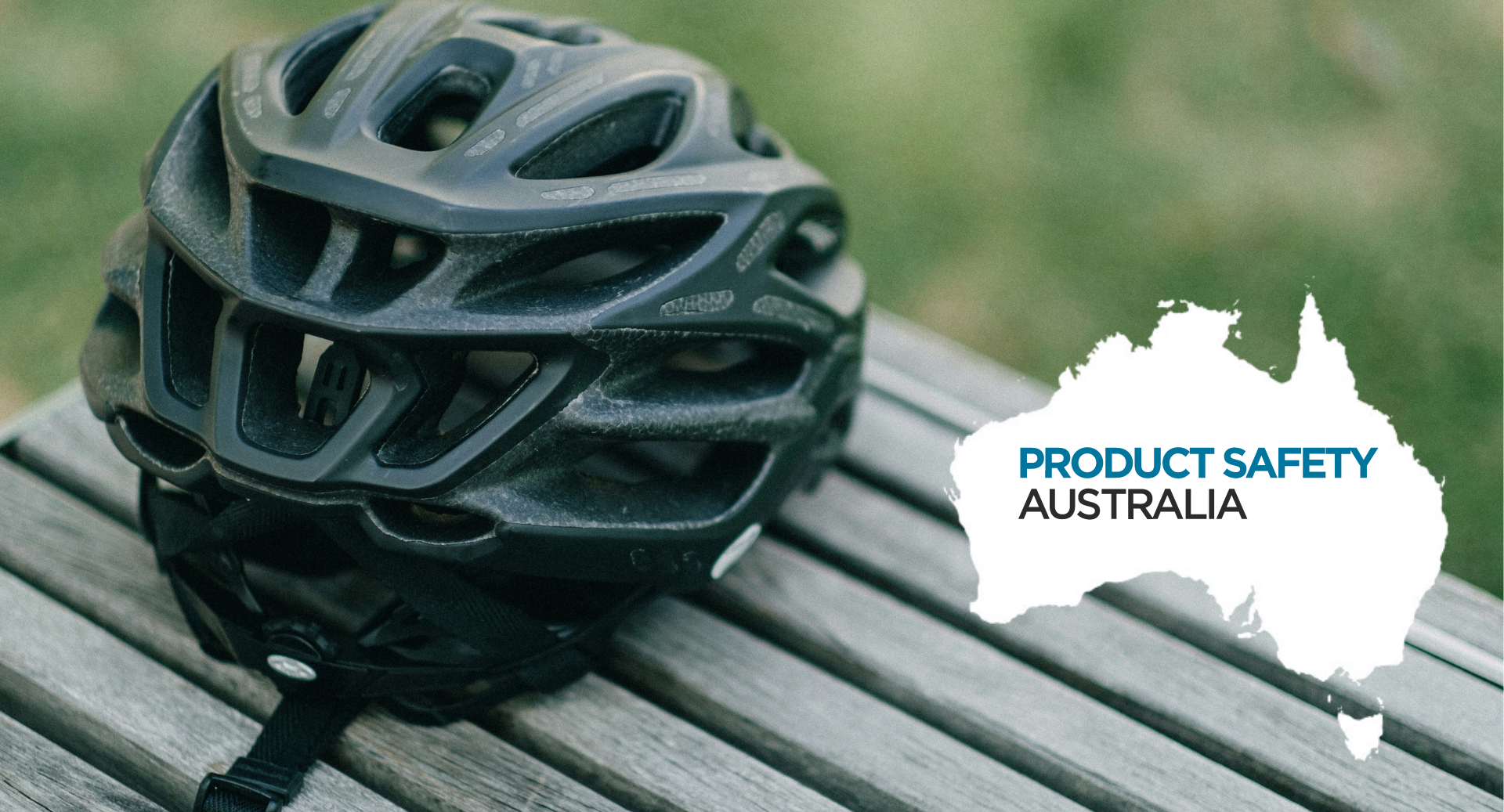
In today’s fast-paced consumer-driven world, where an array of products is readily available at our fingertips, ensuring the quality and safety of these goods has become more critical than ever. For third-party testing laboratories like ACT LAB, comprehensive testing of hardline consumer products has become an essential part of what we do for manufacturers across the globe. From accessories and furniture to household chemicals and personal care items, rigorous testing procedures play a vital role in regulatory compliance and safeguarding consumers’ interests and well-being.
Read on to learn more about the various hardline products we offer testing for.
What are hardline goods?
Hardline goods are typically distinguishable based on a variety of factors including:
- Sturdiness: As the name implies, hardline goods are typically hard to the touch.
- Durability: Hardline goods are typically durable in nature and designed to be used multiple times by consumers.
- Use: Hardline goods aren’t typically for personal use, however there are exceptions.
Examples of hardline goods include power tools, exercise equipment, beauty appliances, and furniture. Conversely, softline goods are typically softer and smaller such as bedding, clothing, and personal accessories.
Hardline goods can be subject to a variety of tests depending on product-specific regulations, industry regulations, and intended distribution region.
Product Considerations
- Accessories: Accessories encompass a broad range of products, from small gadgets to everyday items like phone cases, wallets, and sunglasses. While style and design are important, so is product safety. ACT LAB’s hardline product testing ensures that accessories meet regulatory standards for materials, construction, and potential hazards. These evaluations help identify any potential risks, such as choking hazards for children, chemical composition concerns, or product durability issues.
- Furniture and Home Decor: Furniture and home decor items blend aesthetics with functionality, making them integral parts of our living spaces. However, poorly constructed or toxic materials in these products can lead to accidents and health problems. ACT LAB’s testing protocols assess furniture and home decor items for stability, load-bearing capacity, and adherence to safety regulations. Evaluations of materials and finishes also help prevent exposure to harmful substances.
- Tools and Hardware: Tools and hardware are designed to empower users to build, repair, and innovate. However, improper manufacturing or inadequate materials can turn these instruments into potential hazards. ACT LAB’s testing of tools and hardware examines their mechanical integrity, ensuring they can withstand their intended use without failure. It also scrutinizes for potential safety risks, such as sharp edges, flammability, and ergonomic design.
- Plumbing and Sanitation Ware: Plumbing and sanitation products are critical for maintaining a clean and functional home. Leaks, breakages, or contamination issues can lead to costly repairs and health concerns. ACT LAB’s testing verifies the integrity of plumbing components, such as pipes, valves, and connectors, ensuring they can withstand pressure and usage over time. Sanitation ware, like faucets and showerheads, are also evaluated for water efficiency and the absence of harmful materials.
- Luggage: Luggage is a trusted companion during travels, carrying belongings across cities and continents. Whether it’s a sturdy suitcase, a convenient backpack, or a functional travel bag, ACT LAB’s hardline product testing assesses luggage durability under various stress scenarios. This includes evaluating handles, zippers, wheels, and the overall structural integrity, ensuring they can withstand the rigors of travel.
- Personal Care and Beauty: Personal care and beauty products come into direct contact with consumers’ bodies, making their safety and quality vital. From hair styling appliances to skincare devices, ACT LAB’s testing verifies the absence of harmful chemicals, allergens, and potential contaminants. This ensures that using these products will not lead to adverse reactions or long-term health issues, empowering consumers to make informed choices.
- Household Chemicals: Household chemicals, such as cleaning agents and pesticides, must strike a delicate balance between effectiveness and safety. ACT LAB’s hardline product testing assesses these products for their chemical composition, ensuring they meet regulatory guidelines and pose no harm to humans, pets, or the environment. Proper labeling and packaging evaluations are also conducted to prevent accidental misuse.
Hardline Product Regulations
Hardline products, being tangible consumer goods designed for long-term use, are subject to various regulations to ensure their safety, quality, and compliance with industry standards. These regulations are put in place by government agencies and industry organizations to protect consumers and maintain the integrity of the marketplace. Some common areas of regulation for hardline products include:
- Safety Standards: Governments and regulatory bodies set safety standards for various hardline products to prevent accidents, injuries, and potential hazards. These standards may cover aspects such as material safety, sharp edges, choking hazards, electrical safety, and stability.
- Material Restrictions: Regulations often restrict the use of certain materials and chemicals in the manufacturing of hardline products. For example, restrictions on hazardous substances like lead, phthalates, and certain chemicals aim to reduce health risks to consumers.
- Electrical and Electronic Safety: Hardline products that involve electrical components or batteries are subject to specific safety regulations to prevent electrical hazards, overheating, and fire risks.
- Performance and Durability: Certain industries have performance and durability standards that hardline products must meet to ensure they function properly and have a reasonable lifespan.
- Labeling and Packaging Requirements: Regulations dictate the information that must be included on product labels and packaging, such as safety warnings, usage instructions, country of origin, and recycling symbols.
- Environmental Regulations: Some hardline products are subject to environmental regulations that govern their impact on the environment. This includes regulations on recyclability, energy efficiency, and eco-friendly materials.
- Product Testing and Certification: Hardline products often need to undergo testing by accredited laboratories to ensure they meet the relevant regulations and standards. Certification marks from recognized bodies indicate compliance with these requirements.
- Industry-Specific Regulations: Certain hardline product categories, like automotive parts, toys, and medical devices, have industry-specific regulations that address their unique safety and quality concerns.
About ACT-LAB
ACT-LAB is an ISO/IEC 17025 accredited laboratory that conducts consumer product safety and compliance testing for an active world. We can help ensure that your products both meet industry standards and are inspected to ensure the utmost quality.
To learn more about our tests contact us today.
Read more about our accreditations here.
 ISO/IEC 17025 Accredited Independent Testing Laboratory
ISO/IEC 17025 Accredited Independent Testing Laboratory








